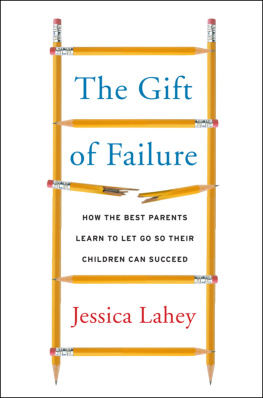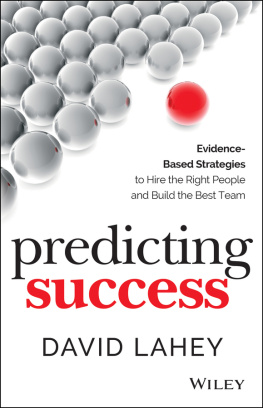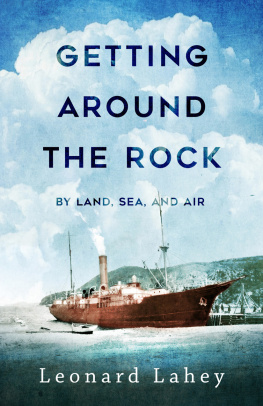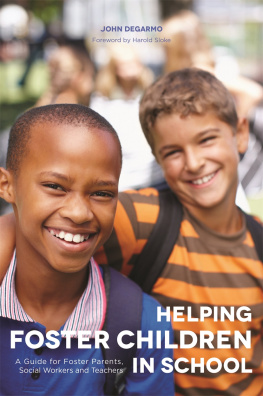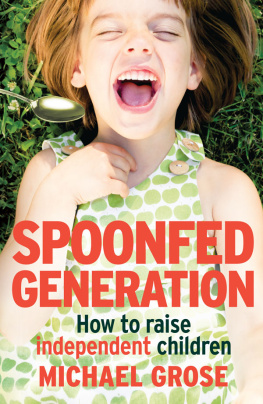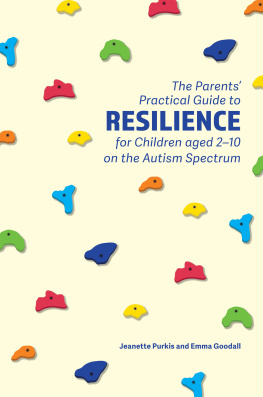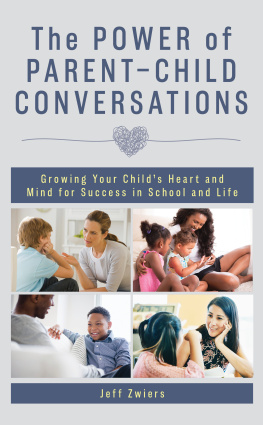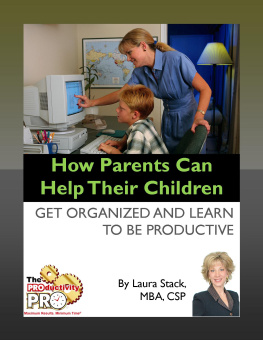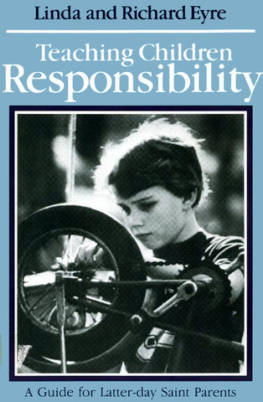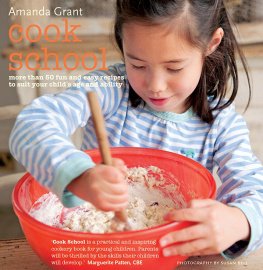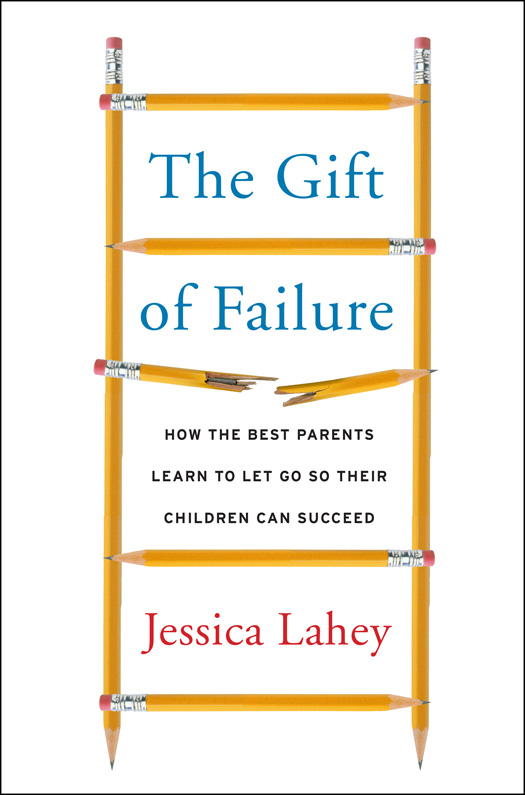FOR BENJAMIN AND FINNEGAN
I know you all, and will awhile uphold
The unyoked humour of your idleness.
Yet herein will I imitate the sun,
Who doth permit the base contagious clouds
To smother up his beauty from the world,
That, when he please again to be himself,
Being wanted, he may be more wonderd at,
By breaking through the foul and ugly mists
Of vapours that did seem to strangle him.
If all the year were playing holidays,
To sport would be as tedious as to work;
But when they seldom come, they wishd for come,
And nothing pleaseth but rare accidents.
So, when this loose behavior I throw off
And pay the debt I never promised,
By how much better than my word I am,
By so much shall I falsify mens hopes;
And like bright metal on a sullen ground,
My reformation, glittering oer my fault,
Shall show more goodly and attract more eyes
Than that which hath no foil to set it off.
Ill so offend, to make offence a skill,
Redeeming time when men think least I will.
Prince Hal, Act I, Scene 2, Henry IV, Part I
CONTENTS
Guide
INTRODUCTION:
HOW I LEARNED TO LET GO
I BECAME A PARENT AND A middle school teacher in the same year, and these twin roles have shaped the way Ive raised my children and educated my students. Over the course of my first decade raising two boys and teaching hundreds of children, I began to feel a creeping sense of unease, a suspicion that something was rotten in the state of my parenting. But it was only when my elder child entered middle school that my worlds collided and the source of the problem became clear to me: todays overprotective, failure-avoidant parenting style has undermined the competence, independence, and academic potential of an entire generation. From my vantage point at the front of a classroom, Id long viewed myself as part of the solution, a champion of my students intellectual and emotional bravery. However, as the same caution and fear I witnessed in my students began to show up in my own childrens lives, I had to admit that I was part of the problem, too.
We have taught our kids to fear failure, and in doing so, we have blocked the surest and clearest path to their success. Thats certainly not what we meant to do, and we did it for all the best and well-intentioned reasons, but its what we have wrought nevertheless. Out of love and desire to protect our childrens self-esteem, we have bulldozed every uncomfortable bump and obstacle out of their way, clearing the manicured path we hoped would lead to success and happiness. Unfortunately, in doing so we have deprived our children of the most important lessons of childhood. The setbacks, mistakes, miscalculations, and failures we have shoved out of our childrens way are the very experiences that teach them how to be resourceful, persistent, innovative, and resilient citizens of this world.
As I stood there in my middle school classroom on the day of my personal epiphany, looking at the students before me and seeing my own parenting clearly for the first time, I resolved to do what I needed to do to guide both my children and my students back toward the path to competence and independence. The way isnt smooth, and the going certainly isnt easy, but thats kind of the point. We parents are going to have to step back, leave those scary obstacles lying in the road, and allow our children to face them head-on. Given our support, love, and a lot of restraint, our kids can learn how to engineer their own solutions and pave their way toward success that is truly of their own making.
THE DISCOMFORT ID BEEN FEELING in my own parenting had been growing for a while, but I could not put my finger on where Id gone wrong. I read all the parenting blogs, from the austere to the zealous, and read books by the experts on how to raise happy, healthy children. However, as I watched my boys approach their teenage years, something was amiss. They were good, well-adjusted kids, but I couldnt shake the sense that when it came time for them to head out on their own and make their way in the world, they were ill-prepared. As long as they stayed inside the safe haven Id created for them, they were confident and successful, but when forced to venture outside, would they know how to function? Id so successfully researched, planned, and constructed their comfortable childhoods that Id failed to teach them how to adapt to the world on its terms.
I never meant to teach my children to be helpless or fear failure, and a life of anxiety is certainly not what I envisioned for them. On the contrary, I thought my kids would grow up brave, in the sort of wild, free idyll I experienced as a child. I wanted them to explore the woods with a pocketknife and a couple of cookies shoved in their pockets, build tree forts, shoot handmade arrows at imaginary enemies, and swim in the local watering hole. I wanted them to have the time and the courage to try new things, explore their boundaries, and climb one branch beyond the edge of their comfort zones.
But somehow, somewhere, that idyllic version of childhood morphed into something very different, a high-stakes, cutthroat race to the top. Today, careless afternoons in the woods seem like a quaint throwback because the pressure to succeed from an early age has ramped up for both parents and kids. It never lets up, and there is no longer room in our childrens schedules for leisure time in the woods, let alone opportunities to problem-solve their way out of the muck and mire they encounter out there. In the new normal, every moment counts, and the more successful our kids are as students, athletes, and musicians, the more successful we judge ourselves as parents. The race to the top starts when children take their first steps and does not end until a six-figure income and socioeconomic upward mobility are secured. And, come on, what kind of negligent mother allows her kids to play alone in the woods during homework time, with pockets full of gluten and sugar, armed to the teeth with pocketknives and arrows?
Standing in my middle school classroom, frozen in that horrible realization of my own culpability in the epidemic of overparenting, I finally understood just how far off the path we parents have strayed.
We bring a beautiful, precious child into the world, and after those first moments of bliss wear off, we realize that our new purpose in life is to protect this fragile human being from harm. And if we are to believe the fear-mongering mass media, that harm is all around us. Baby snatchers disguised as maternity nurses, antibiotic-resistant germs, toxic chemicals, disease-carrying ticks, bullying kids, unfair teachers, murderous school shooters... no wonder weve gone nuts where our children are concerned.
However, this fear doesnt just cause us to overparent; it makes us feel overwhelmed, myopic, and much too credulous of those who seek to stoke our parental fears. Its easier to self-soothe by shielding our kids from all risk than to take a pause and figure out which risks are necessary to their development and emotional health. We protect our kids from all threats, whether real or imagined, and when we tuck our kids in bed at night, free of cuts, bruises, or emotional hurt, we have, for one more day, found tangible evidence of our parenting success.
We revel in their safety and reassure ourselves that theres plenty of time to teach them how to deal with risk and failure. Maybe tomorrow Ill let them walk to school, but today, they got to school safely. Maybe tomorrow they will do their own homework, but today, they are successful in math. Maybe tomorrow continues until its time for them to leave home, and by then, they have learned that we will always be there to save them from themselves.

